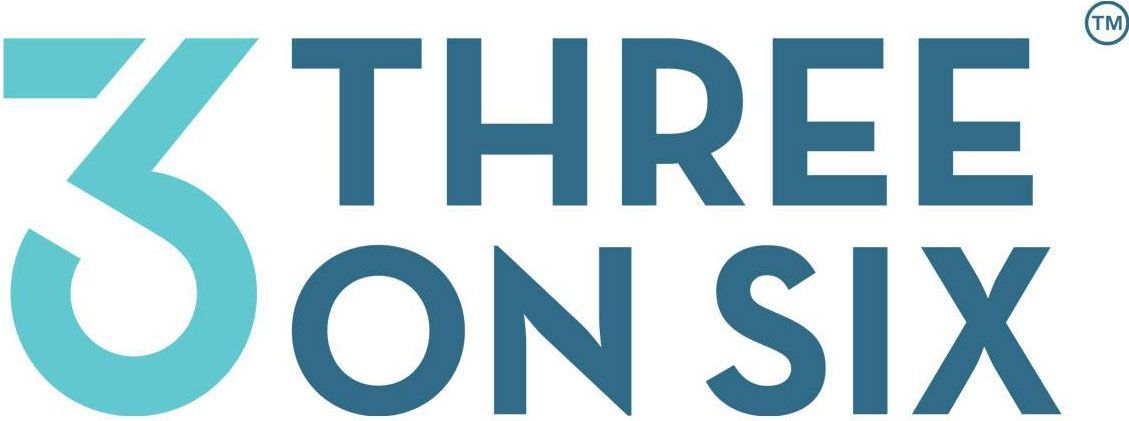TMJ
TMJ Treatment for Clark County Patients
Find lasting relief from jaw pain, chronic headaches, muscle tension, and overall discomfort caused by TMJ disorders with professional treatment options.
Request an Appointment
Contact Us
Hear From Our Happy Patients


Over 1,400
Reviews
TMJ Treatment in Henderson, NV
Relieve Jaw Pain & Tension
2
Doctors on Staff
4,200+
Patients Served
500+
Bridged Placed
5,000+
Implants Placed
Benefits of TMJ Treatment
TMJ therapy provides numerous benefits, including but not limited to:
Reduces Jaw Pain
Eases discomfort from tension and misalignment.
Prevents Headaches
Relieves strain on the jaw and surrounding muscles.
Improves Jaw Function
TMJ treatment restores oral comfort while eating and speaking.
Smile
Transformations
TRANSFORM YOUR SMILE WITH US
Experience life changing smile transformations with our advanced dental solutions.
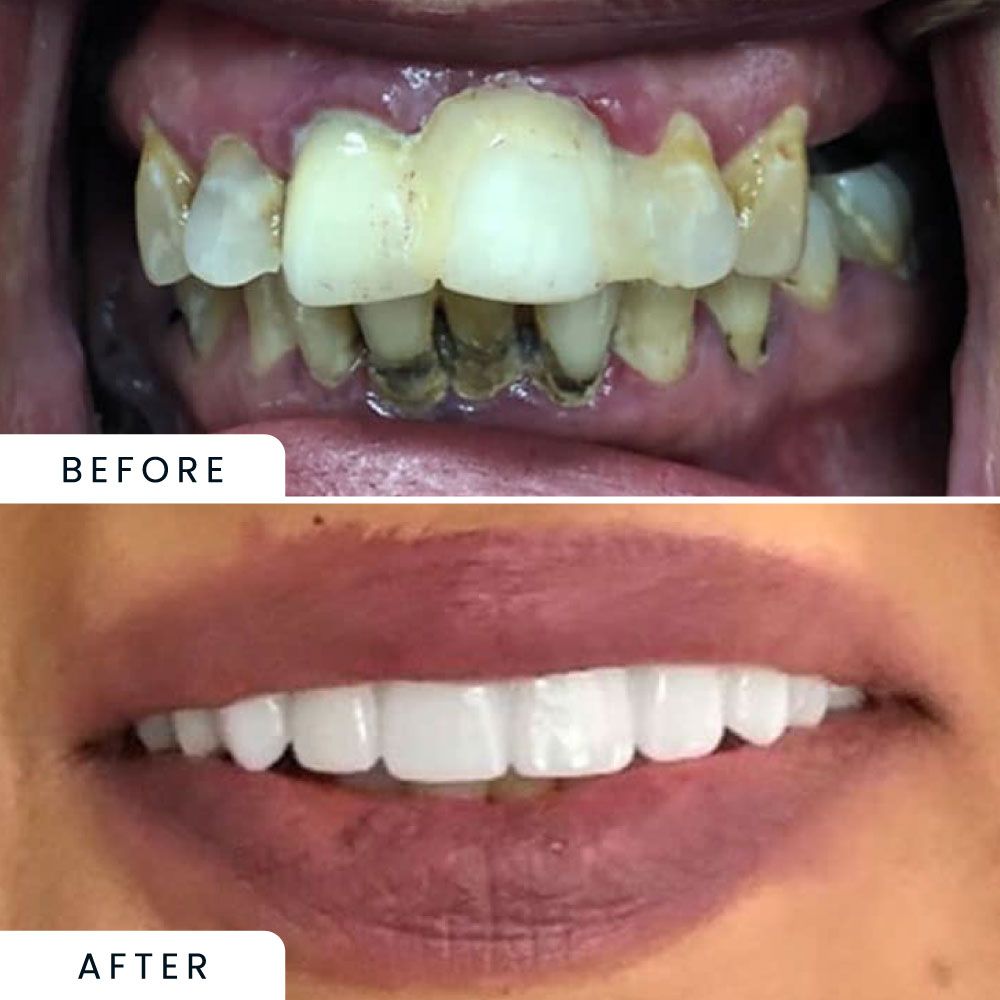
“I never thought I’d smile with confidence again—this transformation changed my life!
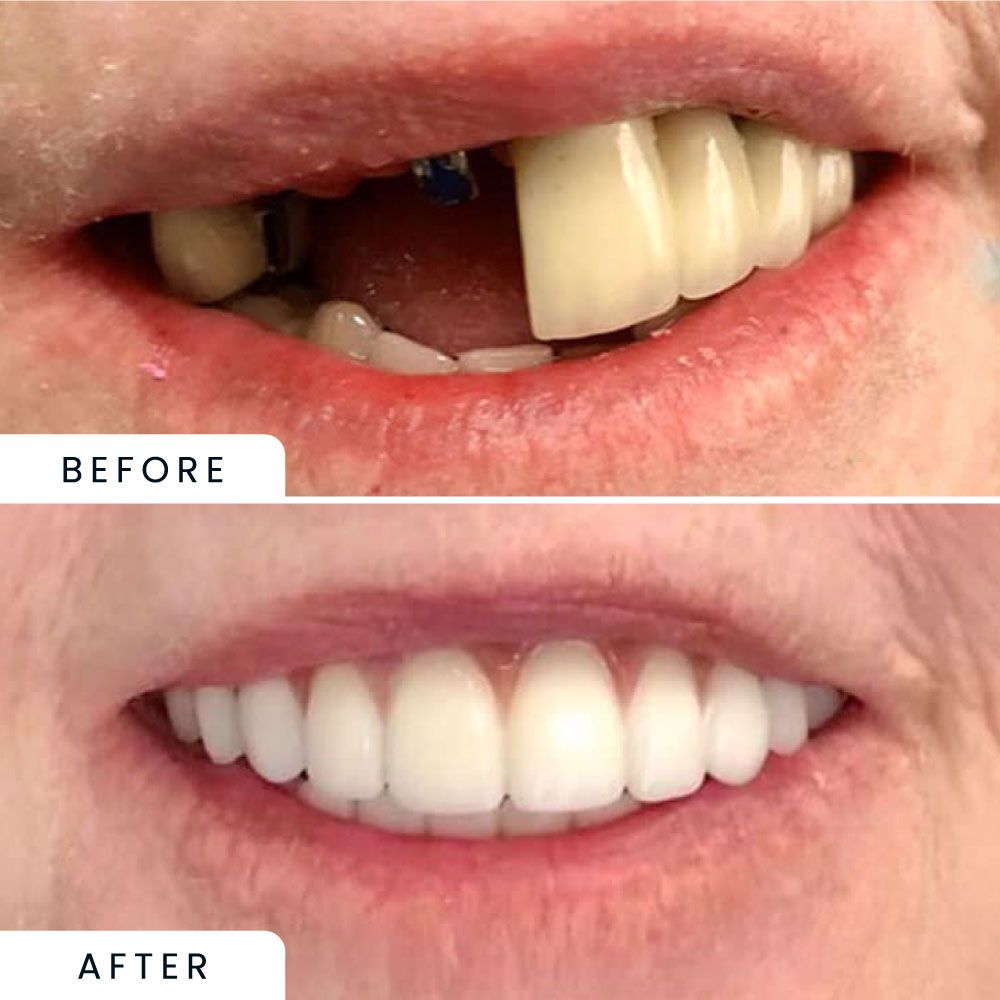
“From hiding my smile to showing it off—this smile makeover was everything I needed!”
How Does TMJ Treatment Work?
Everything You Need to Know About TMJ Treatment
Targeted treatments relieve jaw pain, tension, and discomfort from TMJ disorders.
Diagnosis & Assessment
We evaluate your jaw movement and symptoms.
Personalized Treatment
Mouth guards, exercises, or laser therapy help ease tension.
Pain Relief & Function
Ongoing care improves jaw comfort and movement.
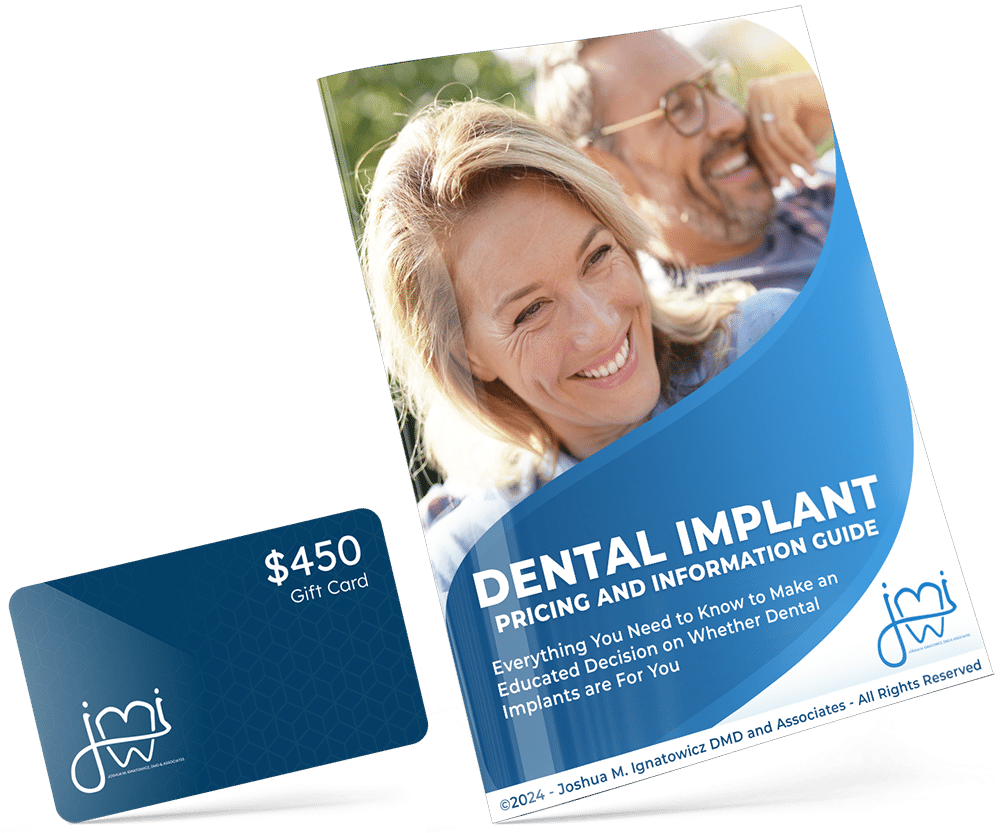
Flexible Financing Options
ADVANCED TOOTH REPLACEMENT OPTIONS IN HENDERSON, NV
We believe everyone deserves a confident smile, which is why we offer flexible financing options to fit your budget. Get the treatment you need with easy monthly payments and low interest plans.
Related Services
For more information or to schedule an appointment, call us at (702) 473-5100 or complete the contact form.
Experience Excellence In General Dentistry
WHY CHOOSE US FOR YOUR DENTAL Care

Expert Implantologists
Our team is highly trained and experienced in advanced implant procedures.

Advanced Technology
We use the latest dental innovations for precision and comfort.

Personalized Care
Every treatment plan is tailored to your unique dental needs.
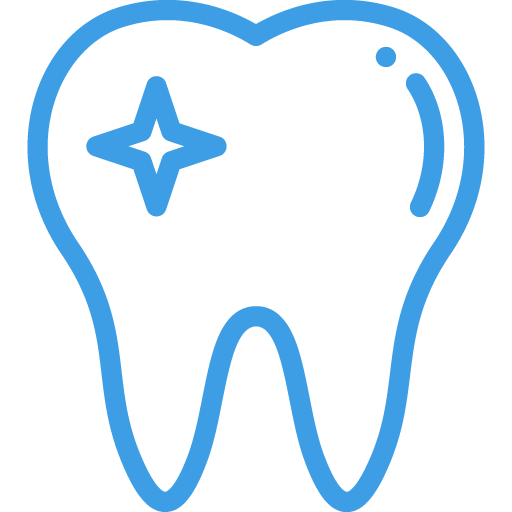
Proven Results
Trusted by patients for life-changing smile transformations.

